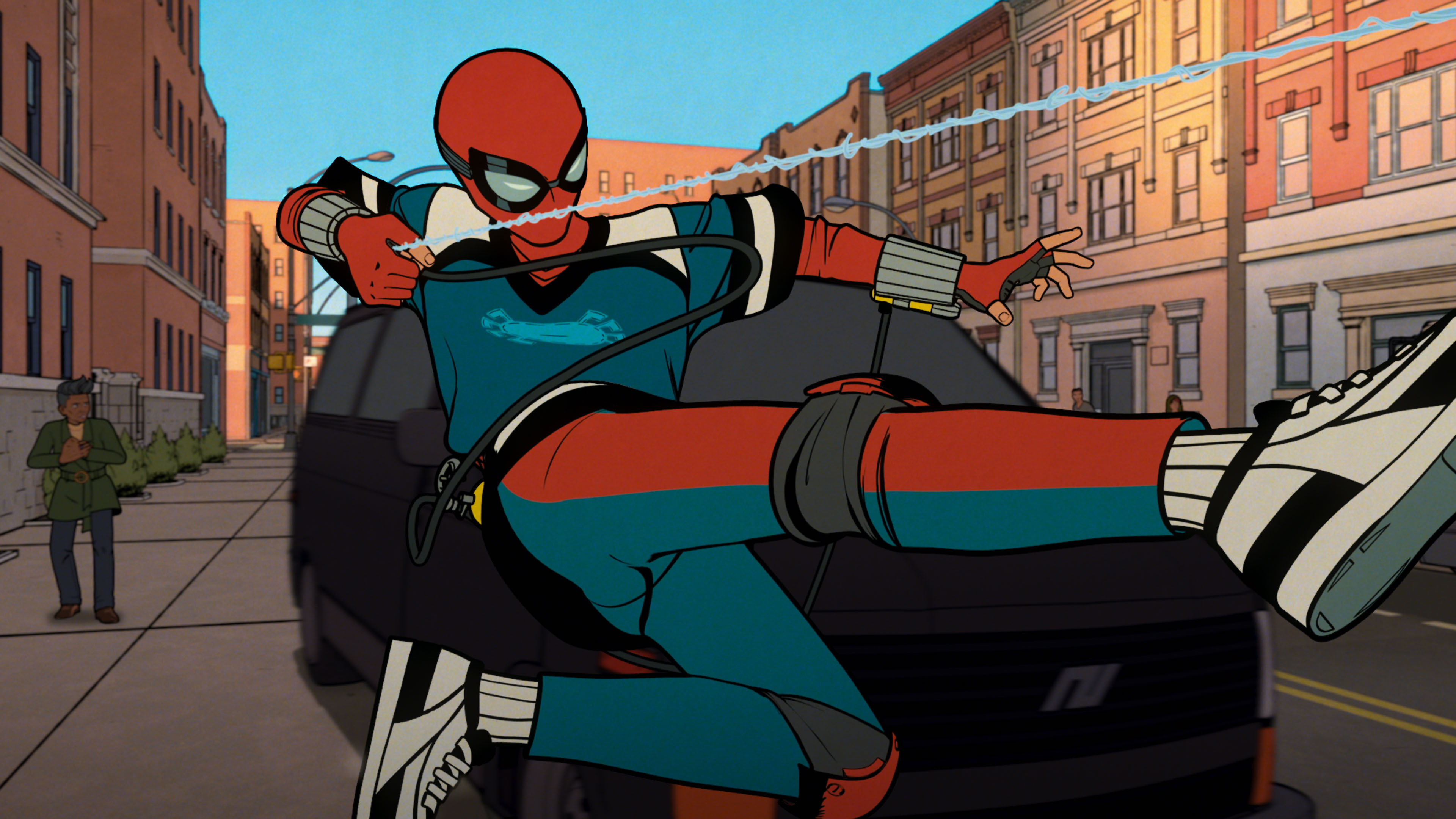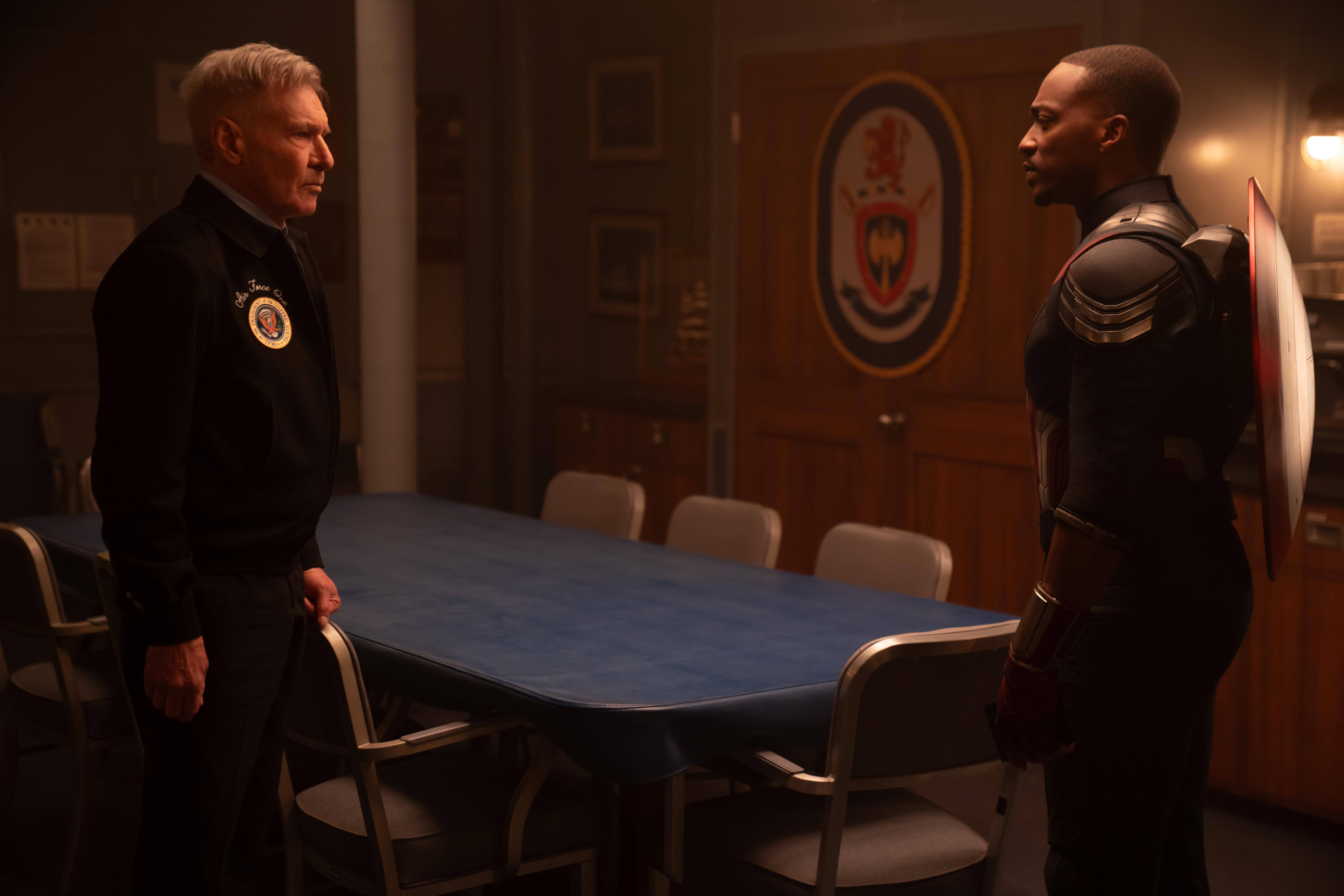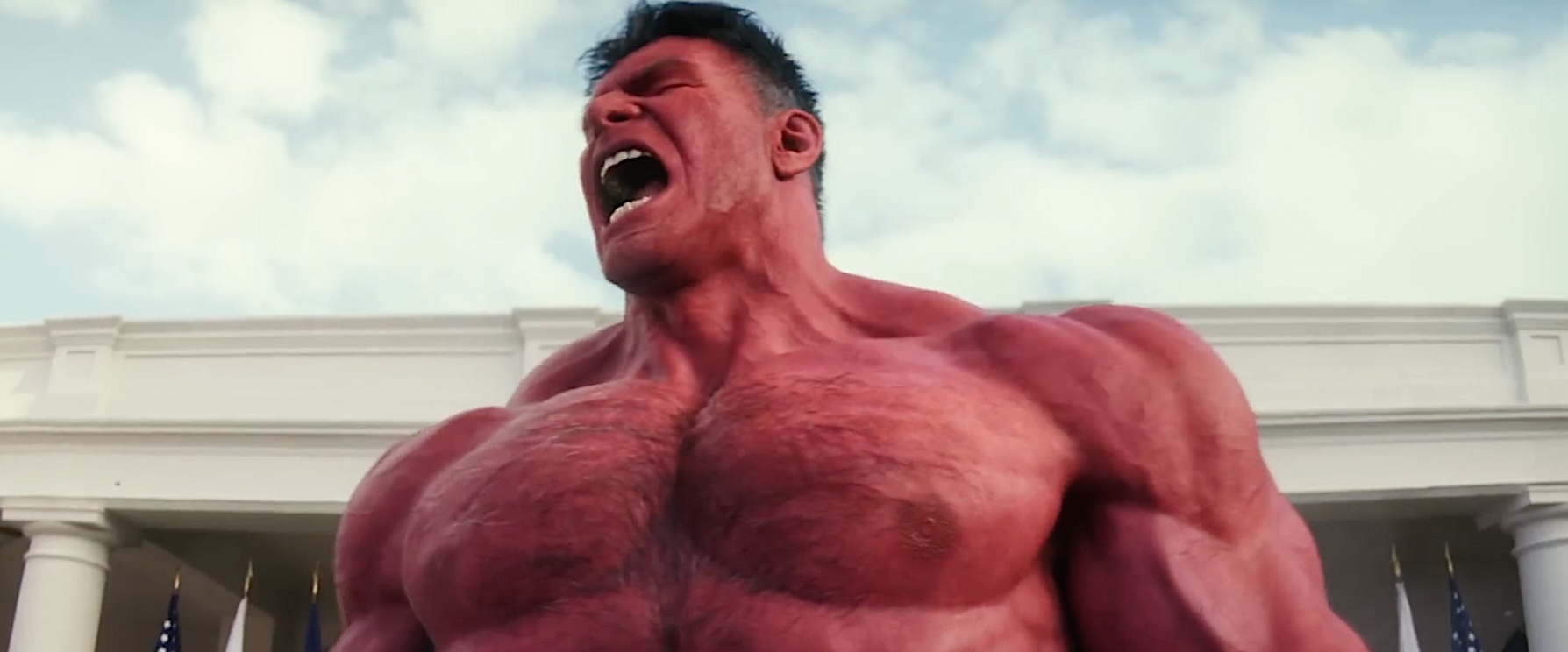The Marvel Cinematic Universe is in trouble. This is the prevailing sentiment regarding the still-dominant studio’s output of late. Phases Four and Five, as they’re called, have underwhelmed critics, floundered at the box office, and generally struggled with a sense of directionlessness that contrasts with the methodical plotting of the MCU’s first decade. There’s a bit of irony to all this disarray, because the current MCU era is about the Marvel Cinematic Universe falling apart.
Loki sits at the nexus — or at least a nexus — of this disaster. The show traps its protagonist, the sort-of villain, sort-of helpful god of mischief (Tom Hiddleston) in the labyrinthine halls of the Time Variance Authority, a clandestine organization devoted to ensuring the MCU timeline doesn’t endlessly splinter into a kaleidoscopic hell of alternate realities and universes.
Previously, it was the Loki of one of those alternate universes — a femme variant of Loki named Sylvie (Sophia Di Martino) — that threatened the integrity of what the TVA called The Sacred Timeline. Sylvie, with our Loki alternately trying to help or hinder her, connived (and knifed) her way to the end of time itself to find the person at the heart of it all, a mysterious madman known as He Who Remains (Jonathan Majors). The pair of Lokis learn that this man is bad news, as he is just one of many variants of Kang the Conqueror (Majors again, but this version only appears in Ant-Man and the Wasp: Quantumania), and they all have designs on ruling everything. Or something like that.
Season 2 of Loki picks up in the immediate aftermath of this confrontation, with Loki sent through a time-travel portal to a TVA that’s under the control of He Who Remains, and Sylvie missing after killing He Who Remains. The timeline is now in a state of disarray, as the events of season 1 effectively created a multiverse that’s spiraling out of control. This leaves TVA agent Mobius (Owen Wilson) scrambling to figure out what’s going on, conscripting the help of timeline expert Ouroboros (an excellent Ke Huy Quan) while he and Loki try and stabilize a timeline that is falling apart, and a TVA that’s torn on how to respond.
Look, this stuff is kind of a mess. Loki’s first season had its fair share of indulgent exposition, but it also had some solid character work and goofy alternate Lokis that were a lot of fun to watch. The TVA, for all its silly lingo and confounding logic, was a great setting for Loki, an aesthetically unique midcentury modernist bureaucracy full of weird quirks and imaginative gear. It was a terrific means to an end, a way to keep Loki isolated from the MCU proper but still important to it, while also building out a cast of unique characters and locales for him to visit. In other words, it was the best Marvel Studios effort at building out an actual TV show.
The TVA, in other words, was an excuse for Loki’s characters to do interesting things and meet interesting people. It is not, by itself, a reason to tune in. Yet Loki season 2 is all about that, spinning a story centered on the integrity of the TVA, its purpose, its creator, and the philosophical quandary of free will vs. determination that its existence continually exacerbates. This is Loki’s second season in a nutshell: Its writers are overly concerned about the mechanics of the MCU, and the MCU as an abstraction, not the characters and stories within it.
:no_upscale()/cdn.vox-cdn.com/uploads/chorus_asset/file/24979645/ARC_201_09981_R.jpg)
And it’s not like Loki is hurting for good characters! Wilson remains terrific as Agent Mobius, bringing a real aw-shucks levity to the series. Quan excels as the kind of quirky personality that the TVA as a setting is great for providing. And Di Martino’s Sylvie, while frustratingly underwritten, remains a fantastic foil for Hiddleston’s Loki, continually deflating his British smarm just by being in the room with him.
These characters are all fun people I want to hang out with on a weekly basis, but Loki preoccupies all of them with things that are not each other. In the four episodes made available to critics, there is too much exposition, too much confusing time-travel logic to straighten out, too many abstract crises to devise byzantine solutions for. And ironically, the more urgent Loki’s characters say a disaster is, the less meaningful it seems.
Loki is written with the strange conviction of people who seem to think the TVA is real and that the audience must be convinced that its work is important. Its attitude toward the MCU is one of tautology; it exists, so therefore it is important and must be protected. This is an odd mission to give a god of mischief, and a strange thing to ask an audience to root for in an abstract manner, especially when the MCU is right there, just a few tiles away on Disney Plus, doing just fine. Maybe Loki should make more of a mess of things. That would be fun.
The first episode of Loki season 2 is now streaming on Disney Plus, with new episodes weekly.








